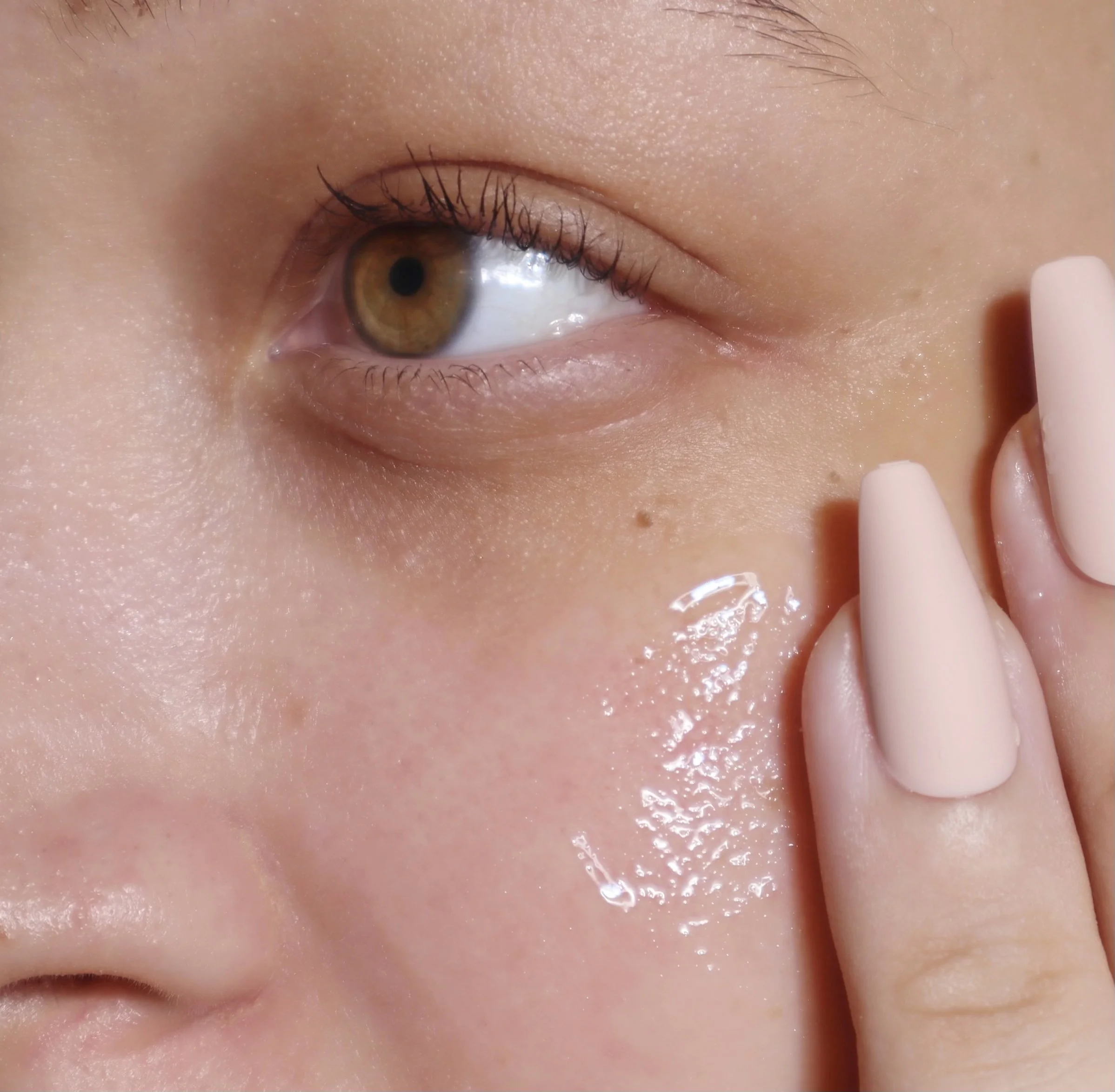Bakuchi: What Is It and What Does it Do For the Skin?
Bakuchi, sometimes also referred to as Psoralea corylifolia, is a traditional Ayurvedic herb that has been used for centuries to treat a wide variety of skin conditions. Recently, it has gained popularity in the natural skincare beauty industry as an extremely potent ingredient with a wide range of benefits. Let’s take a closer look at bakuchi and how it is being used in skincare.
What is Bakuchi?
Bakuchi is a small, flowering herb that is grown in India and China. It is a member of the legume family and can also be referred to as "babchi" or "bavchi" in traditional Ayurvedic medicine. The trusted herb has been used for centuries in medicine to treat a variety of ailments, including skin conditions, digestive issues, and joint pain.
Bakuchi contains a diverse variety of active ingredients which is what makes it such a uniquely dynamic skincare ingredient. Natural bakuchi including flavonoids, saponins, and psoralen, which are all believed to contribute to its medicinal properties. Moreover, bakuchi is rich in the essential fatty acids the skin needs to stay healthy.
Benefits of Bakuchi for the Skin
Anti-inflammatory
Bakuchi has anti-inflammatory properties which means it reduces redness and swelling in the skin. This makes it particularly effective for treating acne, eczema, and other inflammatory skin conditions because it helps soothe those irritated and inflamed areas.
Antioxidant
Bakuchi is rich in antioxidants, which protect the skin from damaging free radicals. Free radicals are a negative result of too much sun exposure and too many of them in the skin leads to the formation of fine lines, wrinkles, and other signs of aging.
Healing
Traditionally, bakuchi has been used to expedite the healing process of wounds and scars. Its anti-inflammatory and antioxidant properties reduce inflammation and promote healthy skin cell growth, which reduces the appearance of scars over time.
Pigmentation
Bakuchi has been shown to improve the appearance of uneven skin tone and hyperpigmentation. Its antioxidant properties work to lighten dark spots and even out the skin's overall tone.
Sun protection
Bakuchi has natural sun protection properties and has been traditionally used to protect the skin from the sun's harmful rays. It is believed to help reduce the risk of sunburn and skin damage caused by UV radiation. However, it should always be used in conjunction with a broad-spectrum SPF.
How to Use Bakuchi in your Routine
There are a number of ways to incorporate bakuchi into your skincare routine. Here are a few ideas:
Bakuchi oil
Bakuchi oil can be used on its own or added to a carrier oil like coconut oil, argon oil, or jojoba oil. Bakuchi oil can be applied directly to the skin or mixed with other ingredients to create a homemade face mask. If you’re using a pure bakuchi oil concentrate (like bakuchi essential oil) be sure to dilute it with a carrier oil because, at high concentrations, bakuchi oil can be too harsh for the skin.
Bakuchi powder
Bakuchi powder can be mixed with water or carrier oils to create a paste that can be applied to the skin. It can also be added to homemade face masks or used as a natural exfoliant. Similar to bakuchi oil, be aware of the concentration of powder you use and be sure to dilute the power with some neutral gentle solution.
Bakuchi-infused skin care products
There are a number of skincare products on the market that contain bakuchi as an active ingredient. These can be a convenient way to incorporate the herb into your skincare routine and can give you the peace of mind that the concentration is safe for the skin.
Who should add bakuchi into their skincare routine
Some of the skin conditions that bakuchi may be used to address include:
Psoriasis: Bakuchi is believed to have anti-inflammatory effects, which may be helpful in reducing the inflammation and redness associated with psoriasis.
Eczema: Bakuchi is believed to have immune-boosting properties, which may help to reduce the inflammation and irritation associated with eczema.
Wound healing: Studies suggest that bakuchi has minor wound-healing properties, which may be helpful in promoting the healing of cuts, scrapes, and other wounds. Do not apply this on fresh open wounds, but instead on scabs or scars.
It is important to note that the effectiveness of bakuchi has not been fully established through clinical research yet. More research is needed to understand the appropriate dosage and usage of bakuchi and to determine its potential benefits and risks, which is why it’s probably best to purchase pre-diluted products in order to avoid causing your skin further damage.
Precautions
As with any skincare ingredient, it's important to be cautious when using bakuchi. If you are pregnant, nursing, or have a history of allergies, it's best to consult with a healthcare professional before using bakuchi in your daily skincare routine.
Bakuchi may also cause skin irritation in some individuals. It is always a good idea to test any new product on a small patch of skin before using it more widely on your entire face. Bakuchi is a powerful and versatile herb that has been used in traditional medicine for a wide range of health benefits and is an easy addition to your skincare routine.






